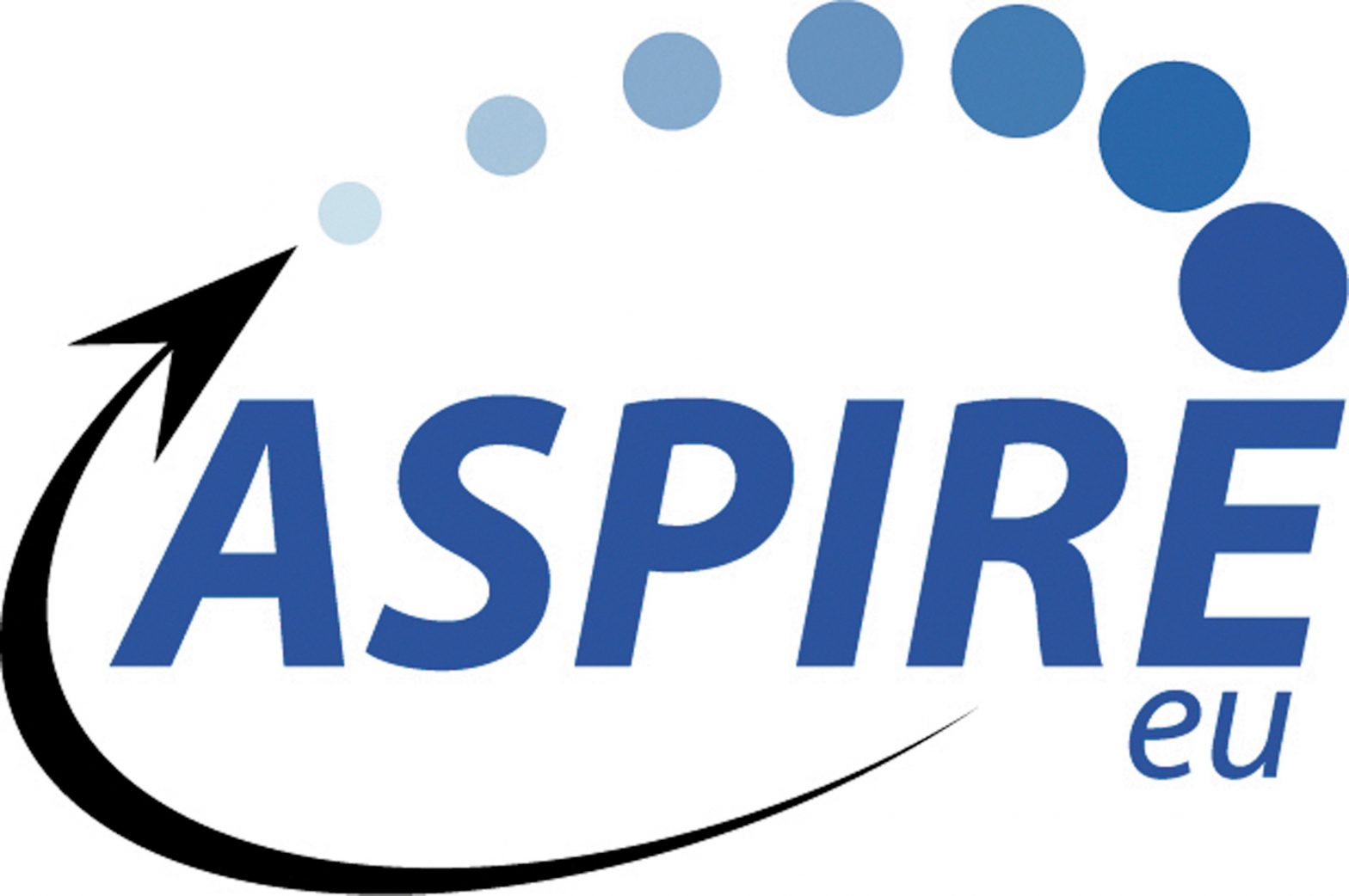This another in our popular Seven Deadly Sins series, this time we tackle the difficult topic of change management.
Let’s face it, change is everywhere and despite all the intellectual energy that has gone into change management over the last 2,000 years, we are not going to master it any time soon.
“We trained hard but it seemed that every time we were beginning to form up into teams, we would be reorganized. I was to learn later in life that we tend to meet any new situation by reorganizing; and a wonderful method it can be for creating the illusion of progress while producing confusion, inefficiency, and demoralization.” Gaius Petronius Arbiter, Roman solider (c27 – 66AD)
It is also fair to say that there is no sign of it slowing down either, in fact, it is accelerating. So, to help you out, here are our Seven Deadly Sins of Change Management that you may wish to avoid in your organisation:
- Underestimating the organisation’s permafrost – assuming the support of middle and senior management to the initiative is a deadly mistake. Despite the rhetoric, they really don’t like change as they are often overworked already. They are regularly caught in a trap between executives and staff, which can mean implementing strategies they don’t believe in.
- Mistaking consultation for influence – inferring people are being consulted when they are in fact being told what is happening is a great way to increase resistance. “Consultation” is a word with multiple meanings, so understanding the level of authority associated with being “consulted” is always worth considering.
- There is nothing so unfair as to treat everyone equally – each individual and group will respond in a different way as the impact of change will be different. Assuming that everyone will welcome or reject it, is asking for trouble. The question everyone will want to know is, “what is in it for me” and that will define the level of support or resistance you experience.
- Assuming the benefits are attractive – often the benefits for the organisation are threats to individuals; so whilst the leaders are excited about how great the new world will be, most of the staff are dreading what it will mean for them.
- Declaring victory too early – just because the early skirmishes go well, do not assume that the battle for change has been won. Pushing change past the tipping point and gaining momentum is the hard bit. The extra effort needed to mobilise the organisation and create the shift in balance is much harder than sustaining the established pace.
- Leaders failing to lead – inconsistent messaging creates ambiguity and the leaders of change do not step forward to clarify direction or resolve conflicts. Signposts are needed that symbolise the old world has gone and that new ways are being established.
- Underestimating the forces of darkness – the Refuseniks back off under pressure when there is structured change management in place but the chattering subversives will re-emerge when it is safe and try to re-establish the old practices.
“Never attempt to win by force what can be won by deception”. Niccolo Machiavelli, The Prince
If you need any further support, our services may be able to help. Why not have a look at our brochure to see the services we offer, or visit our website at www.aspireeurope.com

